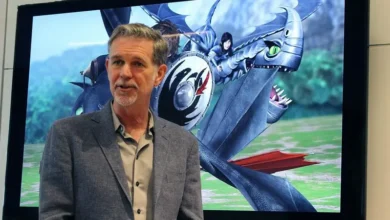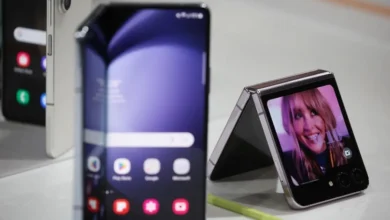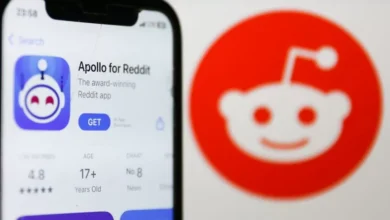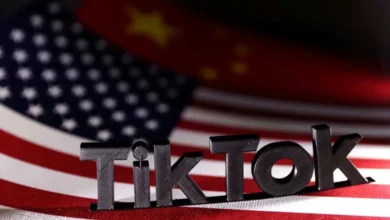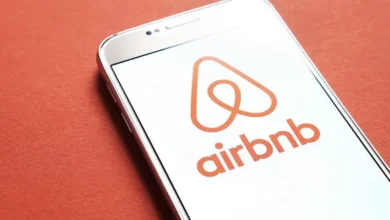Google begins battle against OpenAI with the “Gemini”
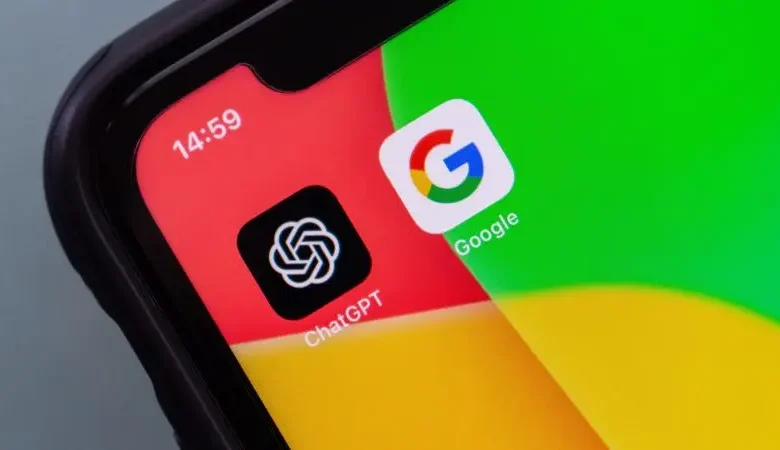
Google announced that its Bard chatbot has been upgraded with a new-generation artificial intelligence model called Gemini, which the company claims has superior reasoning abilities compared to its competitors, including ChatGPT from OpenAI.
Google aims to outpace OpenAI as it navigates a recent boardroom coup that resulted in the firing and subsequent rehiring of its CEO, Sam Altman. Gemini is touted as the first AI model capable of surpassing human experts in problem-solving, math, physics, history, law, medicine, and ethics. It can recognize and respond to various inputs, from movie scenes to drawings, offering comparisons, conclusions, and suggestions.
Gemini’s performance, particularly the “Ultra” version, outperforms other state-of-the-art models in 30 benchmark tests measuring image understanding, mathematical reasoning, and more.

The “Pro” version integrated into Bard is designed to handle a wide range of tasks, while a smartphone-adapted “Nano” version will debut on Google’s top-of-the-line Pixel 8 handset. Bard, Google’s chatbot, has been continually upgraded based on user feedback, and the addition of Gemini represents its most significant enhancement yet.
Bard will now leverage Gemini’s advanced reasoning, planning, and understanding capabilities. The chatbot will be available in English across more than 170 countries and territories, with additional languages to follow. Gemini-infused Bard will also become “multi-modal,” meaning it can process auditory, visual, and text inputs. Google envisions Gemini as its ultimate AI collaborator, enhancing performance in poetry, coding, shopping queries, research projects, and more.

The introduction of Gemini follows Google’s integration of Gmail, YouTube, and other tools into Bard earlier this year. Google’s move aligns with Microsoft’s integration of generative AI in its Office 365 apps. However, Microsoft charges customers for these AI powers, while Google provides them for free through its search engine’s chatbot.
The long-term staying power of generative AI chatbots is still in question, and OpenAI’s chatbot integration into Microsoft’s search engine did not disrupt Google’s search dominance. Nevertheless, governments and tech companies continue to invest in generative AI, viewing it as the next significant technological chapter.

